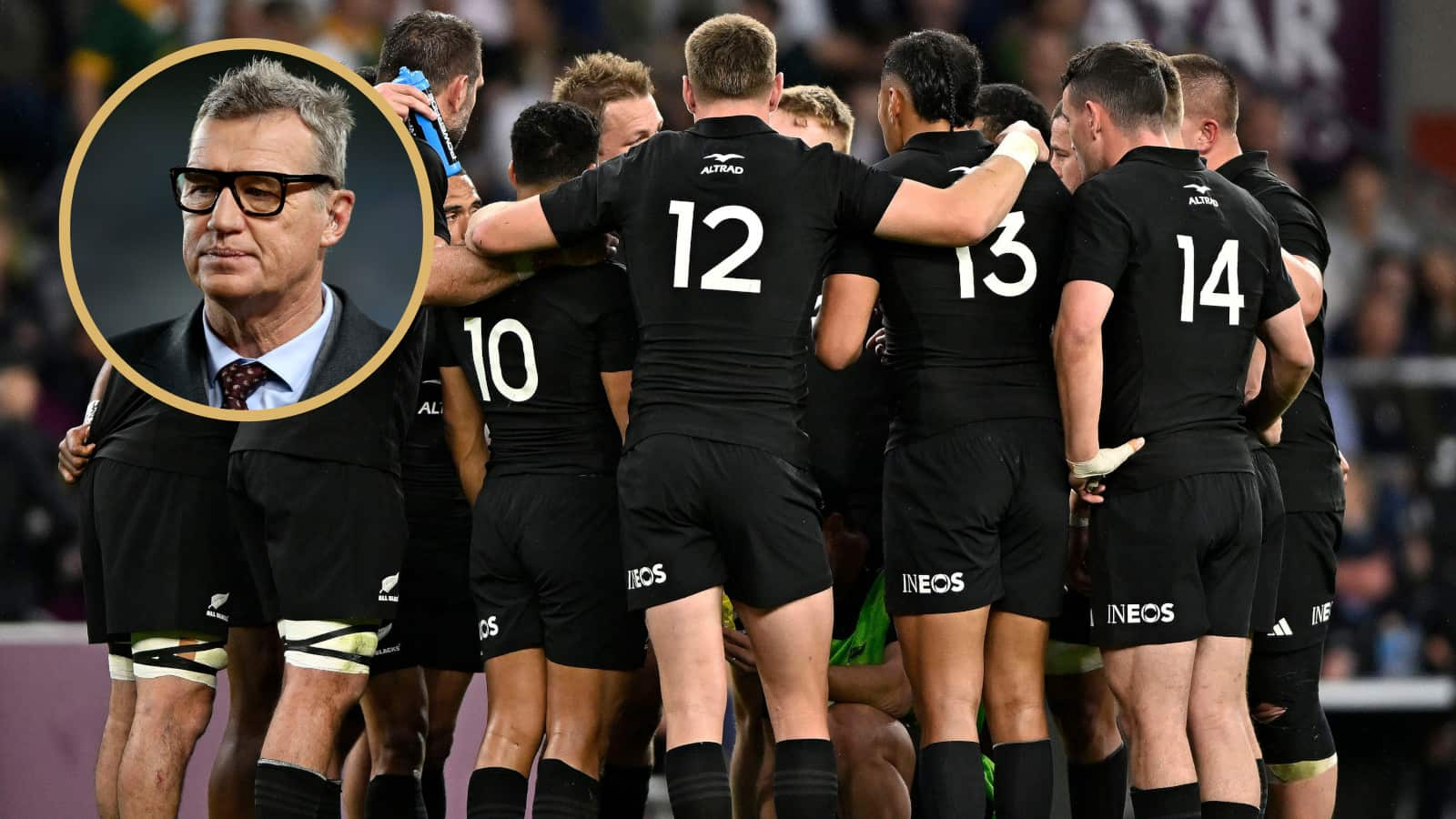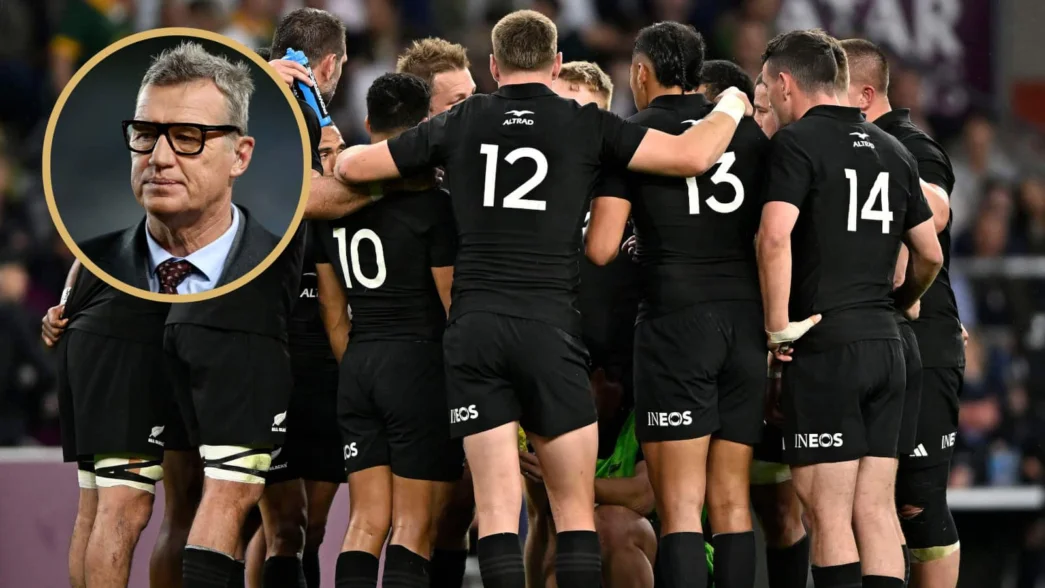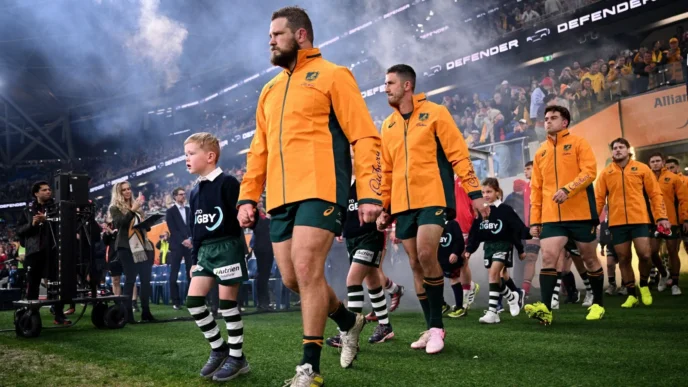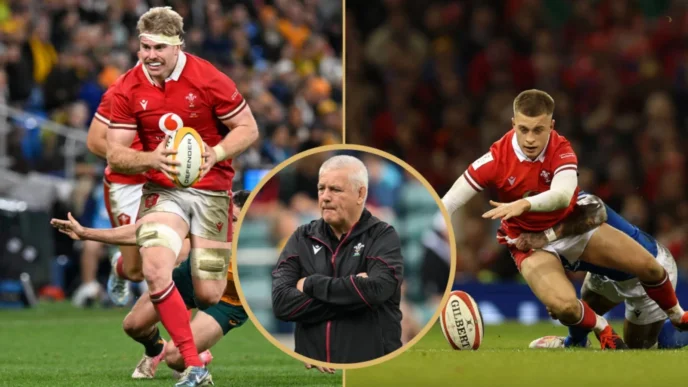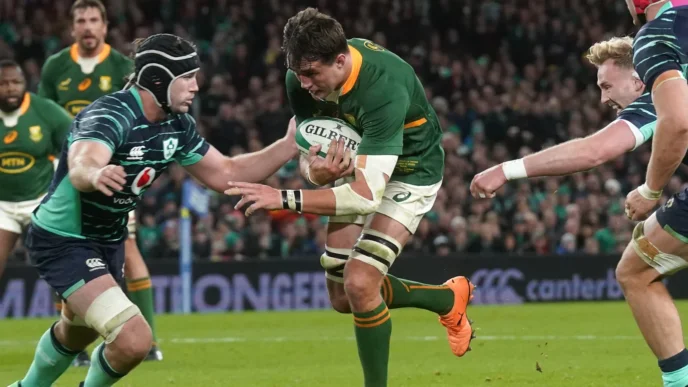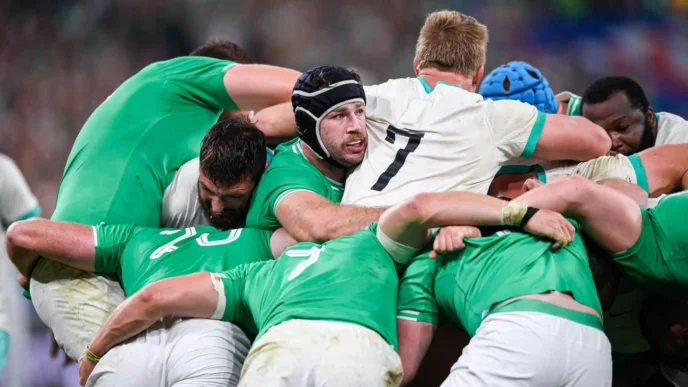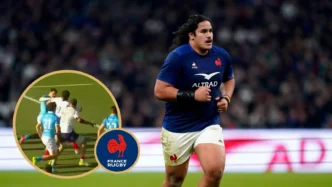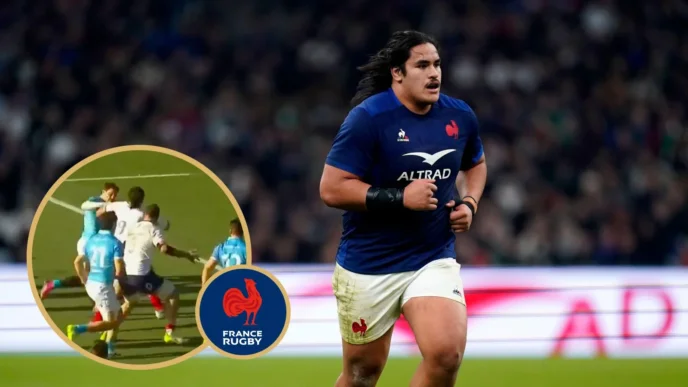Rugby Union’s Evolving Landscape: The All Blacks’ Pursuit of Reinvention
BBC Rugby Union
As the rugby union landscape continues to shift, former New Zealand international Sir John Kirwan has made a bold suggestion – that World Rugby should alter its laws to better suit the All Blacks’ natural playing style.
The All Blacks, once the game’s dominant force, having won the Rugby World Cup in 2011 and 2015, have recently found themselves slipping in the rankings, with South Africa and Ireland now leading the charge.
The Springboks’ recent World Cup triumphs in 2019 and 2023 have been underpinned by their formidable set-piece and maul, a stark contrast to the All Blacks’ preferred fast-paced, free-flowing game.
Despite reaching the final in 2022, the All Blacks endured a challenging period under former coach Ian Foster between 2020 and 2022, suffering historic home defeats to Argentina and Ireland, and going through a worrying run of form that nearly cost Foster his job.
Now under the guidance of Scott Robertson, the All Blacks almost fell to England in his opening game, a narrow 16-15 defeat in Dunedin. This, according to Kirwan, is partly due to the current laws, which he believes do not align with New Zealand’s playing DNA.
“We want to have a fast game, we want to be on top of the ground, we want to be able to use our skills,” Kirwan said on The Breakdown. “The interesting thing is that the reason why I want the rules to change is because I think the rules currently don’t help our DNA.”
However, fellow All Blacks legend Jeff Wilson disagreed, highlighting South Africa’s recent clash with Ireland as evidence of the Springboks’ evolving style, which has become more expansive and faster-paced.
“That game there was on top of the ground, that was a fast game between Ireland and South Africa. I would love the challenge of playing those teams,” Wilson said.
Kirwan acknowledged Wilson’s point, agreeing that the upcoming Rugby Championship, with the battle between the Springboks and the All Blacks, will be a fascinating spectacle. He also provided his insights on the future of the game, suggesting that teams will need more versatile, ball-carrying forwards to stay competitive.
As the rugby union landscape continues to evolve, the debate around the role of laws and playing styles will undoubtedly continue. The All Blacks’ pursuit of reinvention and their ability to adapt to the changing tides of the sport will be a key talking point in the months and years to come.
🔗 Source
